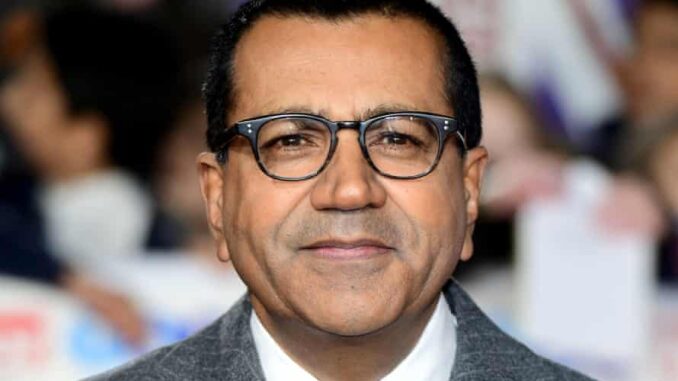
When Martin Bashir rejoined the BBC as religious affairs correspondent in 2016, the corporation’s head of newsgathering Jonathan Munro said he was attracted to the reporter’s “track record in enterprising journalism” and respect within the industry.
Some of those involved in that decision may be regretting their enthusiasm for Bashir, as current BBC bosses brace for public criticism over their decision to bring back a man whose journalistic reputation was destroyed by a subsequent report on his use of fake documents to secure a 1995 interview with Diana, Princess of Wales.
Next week, the corporation will reveal the findings of a rapid internal investigation into the decision to rehire Bashir by Ken MacQuarrie, a longstanding BBC executive described internally as the corporation’s Harvey Keitel due to his history of cleaning up messes created by other managers.
MacQuarrie has spent recent days interviewing senior executives and gathering information, with the expectation he will produce a brief summary of the circumstances surrounding Bashir’s return and whether anyone should take the blame for failing to adequately vet his history.
The corporation has strongly denied a suggestion from the Conservative MP Julian Knight that Bashir was handed the religious correspondent job in 2016 without an interview process. However, sources within the BBC told the Guardian the process was streamlined with the intention of ensuring Bashir got the job. They claimed this involved previously unsuccessful applicants being re-interviewed a second time in order to legitimise the hiring of Bashir.Advertisement
A spokesperson for the BBC declined to comment on the specifics of this allegation and said they would publish the findings next week. The report is likely to focus on the top executives involved in the hiring process, including Munro, the former head of news James Harding, and the then-director general Tony Hall. Hall undertook the original bodged investigation into Bashir in 1996.
Harding has previously said he took responsibility for the decision to hire Bashir but did not directly answer questions on whether he had consulted with Hall before making the appointment.
In some ways the BBC should thank Dominic Cummings for ensuring the Bashir scandal has not been more damaging. It was Cummings’ bellicose briefings to the media about the government’s desire to cut the BBC down after the Conservatives’ 2019 election victory that helped push Tony Hall out of the corporation two years earlier than expected.
If Hall had still been in position as director general – rather than heading off to run the National Gallery – the corporation could have been facing the second successive resignation of a director general over an internal scandal. Instead, the new director general, Tim Davie, was free to criticise his predecessor’s reign and state clearly there is “no doubt” that rehiring Bashir was a “big mistake”.
Bashir was already considered an unusual appointment for what was perceived to be a relatively junior newsroom role, given his career-landing interviews with the likes of Michael Jackson and a subsequent stint in the US as a talkshow host. However, his career had taken a dip after a series of scandals that culminated in his departure from MSNBC in 2013.
Even after arriving, he gained a reputation for seeking celebrity through other channels – blindsiding BBC management when he announced he was appearing on ITV’s Celebrity X Factor. In the process he became the first BBC religion editor to forget the words to Lionel Richie’s Easy on a live singing competition.
… we have a small favour to ask. Millions are turning to the Guardian for open, independent, quality news every day, and readers in 180 countries around the world now support us financially.
We believe everyone deserves access to information that’s grounded in science and truth, and analysis rooted in authority and integrity. That’s why we made a different choice: to keep our reporting open for all readers, regardless of where they live or what they can afford to pay. This means more people can be better informed, united, and inspired to take meaningful action.
In these perilous times, a truth-seeking global news organisation like the Guardian is essential. We have no shareholders or billionaire owner, meaning our journalism is free from commercial and political influence – this makes us different. When it’s never been more important, our independence allows us to fearlessly investigate, challenge and expose those in power. Support the Guardian from as little as $1 – it only takes a minute. If you can, please consider supporting us with a regular amount each month. Thank you.
END

Be the first to comment